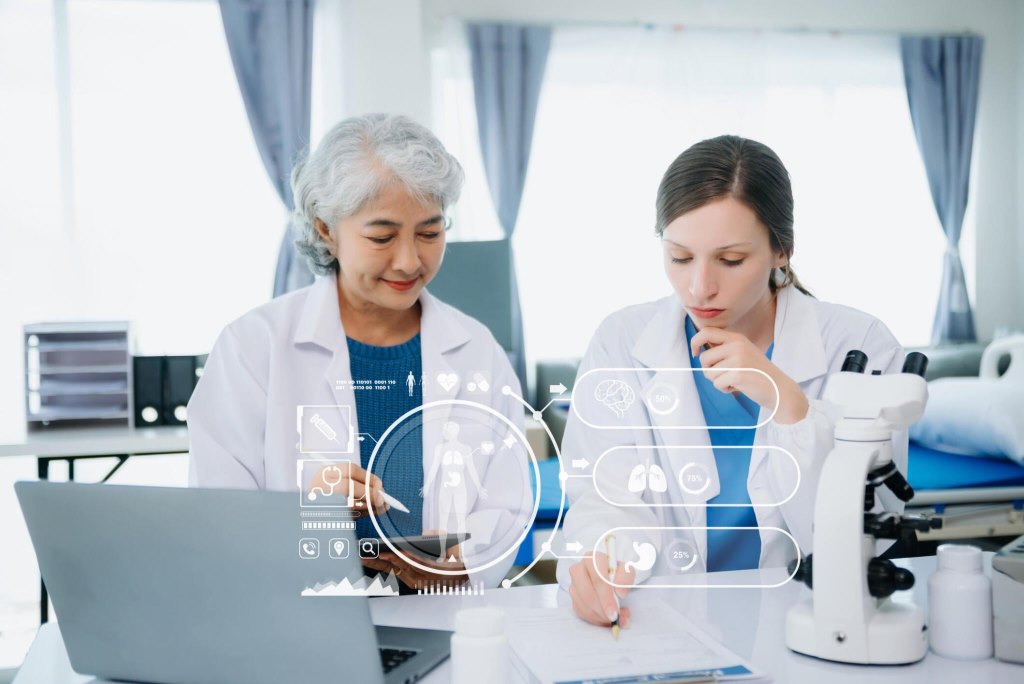In the pursuit of well-being taking care of your health plays a crucial role. The state of your health is closely connected to your well-being. Recognizing the importance of care is essential, in achieving comprehensive health.
This article delves into the concept of fitness shedding light on its significant impact. Additionally, it explores how assistant training serves as a tool not only for improving but also for consistently maintaining optimal oral health. This ultimately promotes a balance, between fitness and overall well-being.
The Connection between Oral Health and Overall Health
Maintaining health goes beyond just having a beautiful smile and cavity-free teeth. It involves taking care of our cavities, including the gums, tongue, and surrounding tissues. Scientific research has strongly shown that there is a link, between health and our overall well-being.
This highlights how the condition of our mouths can significantly impact our health. Recognizing this connection emphasizes the need to prioritize and maintain health as part of a holistic approach, to well-being.

The Importance of Preventive Dental Care
- Regular Dental Checkups: Making visits to the dentist is crucial for dental care. These routine checkups help identify any issues allowing for timely intervention and effective treatment.
- Dental Hygiene Practices: Practicing hygiene at home forms the foundation of overall fitness. Regular brushing, flossing, and using mouthwash help remove plaque and bacteria preventing problems from occurring.
- Balanced Nutrition: A balanced diet, with an intake of essential vitamins and minerals like calcium and vitamin D, plays a significant role in maintaining healthy teeth and gums.
The Vital Role of Dental Assistants
In the realm of health, the mission is to empower individuals and dental assistants to play a role, as educators. Their responsibilities extend beyond providing support, they actively educate patients to foster habits.
Educating Patients for Empowerment
In dentistry empowering patients involves enlightening them about hygiene practices understanding the importance of nutrition and comprehending treatment plans holistically.
- Oral Hygiene Practices: Dental assistants enlighten patients about the importance of brushing, flossing, and tongue cleaning as components of maintaining a healthy oral environment.
- Nutritional Balance: Assistant training also encompasses educating individuals about how nutrition affects health. Dental assistants assist patients in making choices that contribute to the overall well-being of their teeth and gums.
- Treatment Plans: Effective communication plays a role. Dental assistants effectively convey treatment plans to ensure that patients fully comprehend procedures, outcomes, and the critical importance of adhering to them.

Hands-On Training for Dental Assistants
When it comes to training assistants, practical experience and hands-on learning play a role. This kind of training helps dental assistants develop the skills to support dentists and contribute to dental well-being effectively.
Assisting in Dental Procedures
- Chairside: Dental assistants receive training in providing assistance, which involves aiding dentists during examinations, cleanings, and dental surgeries.
- Instrument Sterilization: Proper sterilization and maintenance of instruments are essential for preventing infections and maintaining an environment.
- Radiography Techniques: Dental assistants are equipped with skills in radiography techniques to capture high-quality images of teeth. This skill not only aids diagnoses but also assists in treatment planning ultimately contributing to effective oral care.
Technology for Enhanced Learning
Technological advancements have brought about changes in how dental assistant training is conducted. These innovations provide access, to tools and platforms that enhance the learning experience while preparing dental assistants for the evolving landscape of oral healthcare.

Improving Access to Dental Care
- Financial Barriers: Limited financial resources often restrict people’s access to care. To address this dental assistant training programs can incorporate modules that focus on measures and highlight available resources for those facing financial constraints.
- Geographical Accessibility: One way to overcome this obstacle is by utilizing clinics staffed with well-trained dental assistants who can provide essential services in underserved areas.
Overcoming Dental Anxiety: Establishing a Relaxing Setting
Dealing with anxiety and fear is crucial to ensure an experience. By employing strategies such, as educating patients about anxiety management and fostering an atmosphere we can help alleviate their fears. Effective communication and empathy are key to creating a comforting environment.
- Providing Educational Support: Dental assistants possess the skills to identify and address patient anxiety effectively. They can educate patients on techniques to manage their anxiety and create an environment that plays a role in ensuring a more comfortable and reassuring dental experience.
- Emphasizing Communication Skills: Assistant training places importance on developing communication skills enabling them to establish solid connections, with patients.
Conclusion
Putting health first is crucial for well-being and training to become an assistant plays a key role, in maintaining optimal oral health. Recognizing the connection between health and oral well being dental assistants actively contribute to the welfare of individuals and communities by implementing effective measures and utilizing technological advancements.
By understanding the relationship between aspects of health dental assistants can make significant progress in improving overall well-being. Through their training, they not only address barriers to accessing care but also leverage technology advancements to have a greater impact on oral health.








